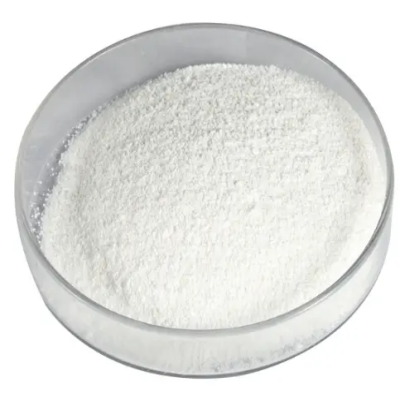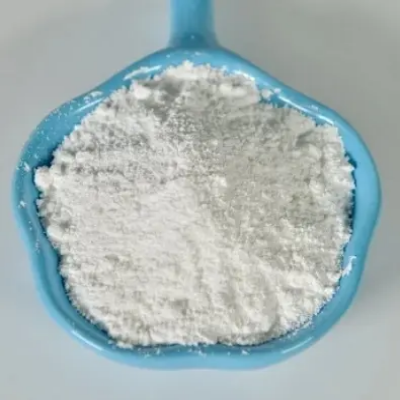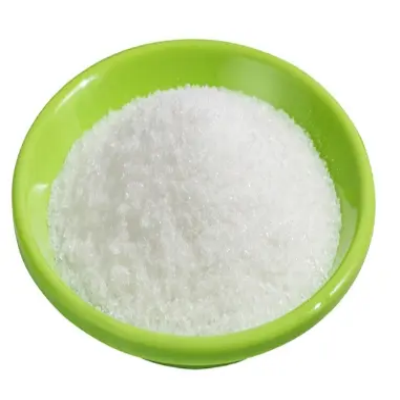N-Acetyl-L-tyrosine amide CAS:1948-71-6
Growth promotion: L-Arginine is known to stimulate growth hormone release in animals, which can contribute to improved growth and development. It promotes protein synthesis, which is essential for muscle growth, and can enhance overall body weight gain in animals.
Nitric oxide production: L-Arginine is a
N-Acetyl-L-Tyrosine amide finds extensive use in peptide chemistry as a vital component for the synthesis of peptides and peptidomimetics. As an acetylated L-tyrosine derivative, it serves as a versatile intermediate for introducing specific structural motifs or functional groups into peptide chains through solid-phase and solution-phase peptide synthesis methods. Researchers and chemists rely on N-Acetyl-L-Tyrosine amide to customize peptide sequences with tailored properties, enabling the development of novel bioactive compounds and therapeutic peptides. Furthermore, N-Acetyl-L-Tyrosine amide is employed in the production of pharmaceutical intermediates, where its chemical structure and stability contribute to the synthesis of bioactive compounds and pharmaceutical agents. Its versatility and reliability make it indispensable in the manufacturing of pharmaceutical products, enhancing the pharmacological properties and biological activity of the final drug candidates. Moreover, N-Acetyl-L-Tyrosine amide is utilized in biochemical research to study amino acid metabolism, protein synthesis, and enzyme kinetics. Its role in investigating cellular pathways and metabolic processes contributes to elucidating the functions of amino acids in biological systems and their potential implications in health and disease. In summary, N-Acetyl-L-Tyrosine amide plays a pivotal role in advancing scientific research, pharmaceutical development, and biochemical studies, providing scientists and professionals with a versatile tool to explore the diverse applications of amino acid derivatives in drug discovery, peptide synthesis, and biochemical investigations.
precursor for nitric oxide (NO) synthesis in the body. Nitric oxide is involved in various physiological processes, including blood vessel dilation, immune function, and cell signaling. Supplementing L-Arginine in animal diets can enhance NO production, leading to improved blood flow, immune response, and nutrient absorption.
Immune function: L-Arginine plays a crucial role in supporting the immune system. It is involved in the production of immune cells, such as T-cells and macrophages, as well as antibodies. By providing an adequate supply of L-Arginine in animal diets, immune function can be optimized, leading to improved disease resistance and overall health.
Reproductive performance: L-Arginine is essential for reproductive processes in animals. It is involved in sperm production and motility in males and can enhance fertility. In females, L-Arginine supports the development and function of the uterus and placenta, enhancing reproductive performance and increasing litter size.
Stress management: L-Arginine has been shown to have a positive impact on animals' stress response. It can reduce stress-induced cortisol levels and promote a state of relaxation. By supplementing L-Arginine in animal diets, stress tolerance and overall well-being can be improved.



| Composition | C11H14N2O3 |
| Assay | 99% |
| Appearance | white powder |
| CAS No. | 1948-71-6 |
| Packing | Small and bulk |
| Shelf Life | 2 years |
| Storage | Store in cool and dry area |
| Certification | ISO. |









